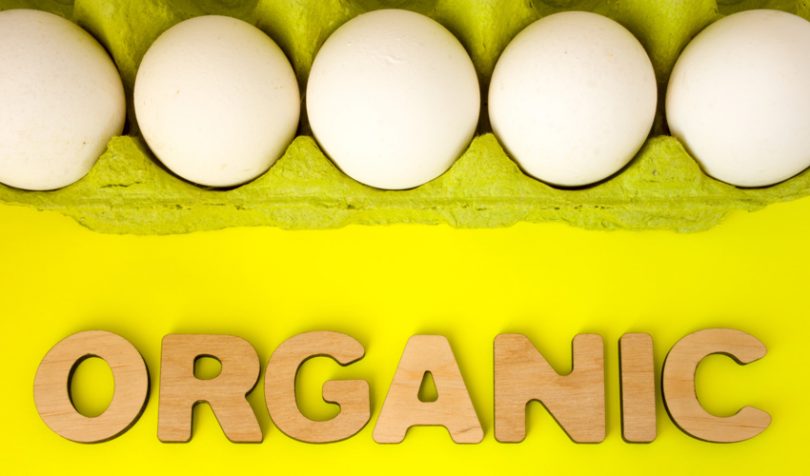On 5 August 2020, The Agricultural Marketing Service (AMS) of the U.S. Department of Agriculture (USDA) proposed amending existing USDA regulations for organic agricultural products, including using digital ledger technology (DLT) for supply chain traceability.
The amendments aim to reinforce production oversight and enforcement, as well as the handling and sale of the products. The goal is ultimately to protect organic supply chain integrity and build trust in the USDA organic label for both the consumer and the industry. To build that trust, the USDA wants to strengthen the control systems of the organic produce, improve their end-to-end traceability, and strongly enforce USDA organic regulations.
While the goal is not yet fully realized, AMS strives to achieve this full supply chain traceability and to be able to verify organic products by using blockchain, which will play an integral part in the success of this process. AMS outlined the achievement of Walmart’s partnership with IBM in creating a traceability system, the Walmart Food Traceability Initiative, that used blockchain technology to trace various food products such as mangoes, pork, and most recently, leafy greens. They also note Bumble Bee Foods’ partnership with SAP in tracing yellowfin tuna, which uses the same technology.
As evidenced by Walmart’s success, DLT could provide the USDA with secure, transparent, verifiable, and almost instantaneous produce tracking, which is especially useful in a supply chain that contains many complex layers. Most importantly, only authorized persons will be able to access any confidential business information, as well as trade secret information, a particularly important feature if governments desire to use these types of technological innovations.
While it has taken a while for governments to realize the full potential of blockchain in order to trace food products, companies have been using this technology for years.
In 2018, French retailer Auchan announced its blockchain food traceability initiative in multiple countries. This was after testing it in 2016 in Vietnam using German startup TE-FOOD’s food traceability system, Foodchain.
Furthermore, since its partnership with Walmart, IBM has extended its blockchain network IBM Food Trust, which is now being used globally by food industry names such as Nestlé, Carrefour, and Tunisian olive oil producer CHO.






